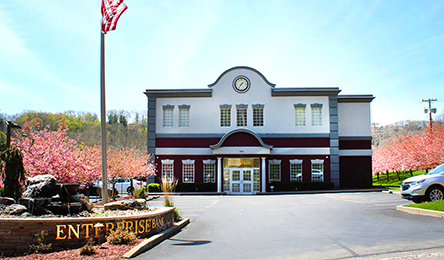As one of the most overused and misunderstood terms in commercial lending and finance, “working capital” means different things to different people. By definition, working capital is defined as current assets minus current liabilities, but in commercial lending, working capital financing is often considered by many to be any financing that is not real estate and/or equipment related.
The biggest challenge in working capital financing is in designing a structure to best meet the working capital needs and cash cycle of the business borrower. Many banks and borrowers automatically think that all working capital financing should be structured in the form of a revolving line of credit. This is often the appropriate structure when the working capital needs are truly short term in nature and when borrowing is needed to fund temporary cash gaps. However, there are also a number of circumstances wherein working capital financing should be done on a longer term installment basis when the working capital needs are longer term or “permanent” such as when:
- Funding the startup costs and initial losses associated with the ramp up of a new business
- Funding the growth of a business
- Making long term investments in personnel, systems or infrastructure
- Funding growth in the permanent level of accounts receivable and inventory in a business
All too often, business owners end up falling into the trap of funding permanent working needs as described above on their revolving line of credit, only to then limit their line availability for short term working capital needs, be unable to revolve the line as intended or required by their Bank and perpetually pay a variable rate of interest on the portion of the line used for permanent working capital needs. In the worst cases, these businesses also face non-renewal of their lines or demand for payment when their lines are used improperly.
At Enterprise Bank, our Relationship Managers are trained to work with the business owner to discern short term versus permanent working capital needs. They design working capital financing solutions that often employ both revolving line and term loan components. These also use advance and borrowing base formulas on our lines of credit that help avoid the trappings of funding permanent working capital needs under a revolving line of credit as detailed above. We supplement our conventional lines of credit and permanent working capital term loans with SBA loan guaranties when collateral is lacking or longer terms are required. We can also offer niche SBA working capital programs thru the SBA Caplines programs, including the following:
- Contract Caplines: Funding for up to 100% of the direct costs (labor and materials) to complete an awarded contract where the business applicant can demonstrate performance capacity.
- Seasonal Caplines: Funding of seasonal increases of accounts receivable, inventory, and associated labor costs.
- Working Capital Caplines: Short term working capital line of credit supported by a borrowing base formula
As part of this consulting approach, the working capital analysis is also used to educate the business owner on ways he or she can improve the cash cycle of their business and how they compare to their industry peers.
To consult with a Relationship Manager on the working capital financing structure most appropriate to your business, please contact the Bank at (412) 487-6048.






